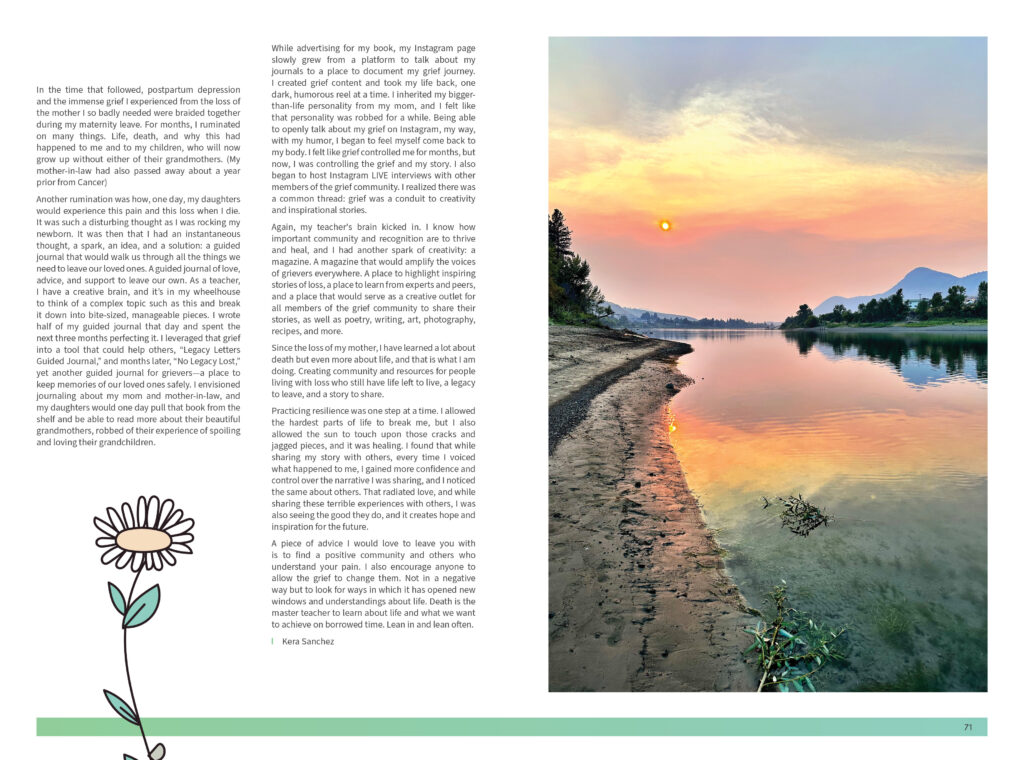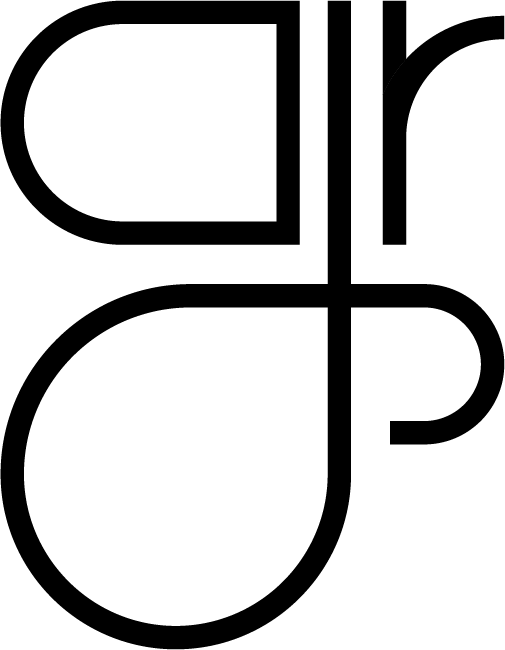I found out my mother died on vacation in Italy while I was in the NICU with my newborn.
Ironically, I rediscovered my love for writing when the words of my mom’s obituary flowed out of me. It was easy to do, honestly. She lived a very full, vibrant, impactful, yet short life, making it all the more effortless, minus the gaping hole she left in my life.
Just days before receiving the earth-shattering call, my mother had been at the hospital with me when my youngest daughter was born, as a strange set of circumstances allowed her to be present and to meet her newest grandchild. A weekend in late May designed to honor our fallen and reserved for BBQs and excited conversations about summer plans is where my story begins. I was eight months pregnant with a fever and chills. After avoiding the illness that shall not be named for nearly two years, it finally caught up to me. Within the subsequent 48 hours, I felt better, but the shooting pains of labor were also added to the mix. I had previously given birth at 37 weeks with my first, but this time, an entire month would be eliminated from my gestational period. My husband and I decided it was time to call the hospital.
My OB already knew I had COVID, and when discussing my admission to the hospital, it didn’t seem like my pesky viral friend would be an issue, yet on the way, they called me back to inform me of the Hospital policies. I would be admitted, and once my labor was confirmed, they would allow my husband, Mike, to join me. After changing into the glamorous, ass-less gown, I was pacing my room for what felt like an eternity, and the nurse finally returned.
“I’m sorry, but since your husband also had COVID, we can’t allow him up. Is there someone who could accompany you who is COVID-free?”
My mind started to spiral, and I was too panicked to be angry. My birth plan quickly started to play second fiddle as I was faced with the terror of having to do this alone, without my husband. The contractions started up again, and I could barely respond. Once they dissipated, I called my husband in a frenzy. “They won’t let you up. They said no! I have to do this alone or find someone who doesn’t have COVID to accompany me.” He said he would call me back and to hold tight.
Normally, calling my mom would have been a no-brainer, but we were in a weird spot in our relationship. We recently had been arguing a lot and not seeing eye to eye on things that now don’t matter nor affect my love for her and the love we shared for 34 years prior. Plus, she was getting ready to leave on a two-week European voyage with 30 friends through Italy and Greece.
After a few minutes, my phone started to buzz, and I answered my tearful husband, who was devastated by the realization that he would not be present for our daughter’s birth and also scared for his wife, who was currently sitting alone in her pain. “Sweetie, listen to me; your mom is on her way. She will be there within the hour. You can do this, baby, you got this.”
While I was mourning our situation, I also instantly felt relief. At that exact moment, I was simply a girl who needed her mom. If my husband couldn’t be there, that was the next best thing, regardless of our relational state.
Witnessing my mom burst into the room in her black waffle hoodie felt like the comfort I craved at that juncture. We hugged so tight, and we both expressed how sorry we were for the past and the arguments that didn’t seem to carry weight in the present. I vividly remember my mom telling me, “I don’t want to fight with you ever again.” It felt like such a sacred and magical moment in time that would be the first step in repairing our relationship. I was hopeful and excited for the months to come, to make up for lost time, for her to come home from her vacation rested, with souvenirs for her grandkids and the memories we would make.
The reality is we never did fight again because less than a week later, her life was cut short at the age of 57. Two days into her trip while in Naples, Italy, the ambulance that was called arrived too late.
Sitting in the NICU nursery with the bliss of motherhood and bonding with the baby I could finally hold, I received the call. I’m certain the nurses will still tell you the blood-curdling scream that I released was far more disturbing than any woman in labor they have heard throughout the years. I had just lived a lifetime high, followed by an immediate lifetime low.
So I sit, days after the birth of my daughter and the death of my mother, writing an obituary filled with stories of inspiration, hard work, adventure, laughs, and a life well lived that was cut far too short. Much like her stature, my mom was a bigger-than-life personality in a bite-size figure. J, as many students and friends affectionately called her throughout the years, was a nickname taken from the first letter of her last name, Jacobson. She was sparkly, funny, bold, blunt, loud, mischievous, the life of the party, and she had just completed an Irish exit that no one expected.
In the time that followed, postpartum depression and the immense grief I experienced from the loss of the mother I so badly needed were braided together during my maternity leave. For months, I ruminated on many things. Life, death, and why this had happened to me and to my children, who will now grow up without either of their grandmothers. (My mother-in-law had also passed away about a year prior from Cancer)
Another rumination was how, one day, my daughters would experience this pain and this loss when I die. It was such a disturbing thought as I was rocking my newborn. It was then that I had an instantaneous thought, a spark, an idea, and a solution: a guided journal that would walk us through all the things we need to leave our loved ones. A guided journal of love, advice, and support to leave our own. As a teacher, I have a creative brain, and it’s in my wheelhouse to think of a complex topic such as this and break it down into bite-sized, manageable pieces. I wrote half of my guided journal that day and spent the next three months perfecting it. I leveraged that grief into a tool that could help others, “Legacy Letters Guided Journal,” and months later, “No Legacy Lost,” yet another guided journal for grievers—a place to keep memories of our loved ones safely. I envisioned journaling about my mom and mother-in-law, and my daughters would one day pull that book from the shelf and be able to read more about their beautiful grandmothers, robbed of their experience of spoiling and loving their grandchildren.
While advertising for my book, my Instagram page slowly grew from a platform to talk about my journals to a place to document my grief journey. I created grief content and took my life back, one dark, humorous reel at a time. I inherited my bigger-than-life personality from my mom, and I felt like that personality was robbed for a while. Being able to openly talk about my grief on Instagram, my way, with my humor, I began to feel myself come back to my body. I felt like grief controlled me for months, but now, I was controlling the grief and my story. I also began to host Instagram LIVE interviews with other members of the grief community. I realized there was a common thread: grief was a conduit to creativity and inspirational stories.
Again, my teacher’s brain kicked in. I know how important community and recognition are to thrive and heal, and I had another spark of creativity: a magazine. A magazine that would amplify the voices of grievers everywhere. A place to highlight inspiring stories of loss, a place to learn from experts and peers, and a place that would serve as a creative outlet for all members of the grief community to share their stories, as well as poetry, writing, art, photography, recipes, and more.
Since the loss of my mother, I have learned a lot about death but even more about life, and that is what I am doing. Creating community and resources for people living with loss who still have life left to live, a legacy to leave, and a story to share.
Practicing resilience was one step at a time. I allowed the hardest parts of life to break me, but I also allowed the sun to touch upon those cracks and jagged pieces, and it was healing. I found that while sharing my story with others, every time I voiced what happened to me, I gained more confidence and control over the narrative I was sharing, and I noticed the same about others. That radiated love, and while sharing these terrible experiences with others, I was also seeing the good they do, and it creates hope and inspiration for the future.
A piece of advice I would love to leave you with is to find a positive community and others who understand your pain. I also encourage anyone to allow the grief to change them. Not in a negative way but to look for ways in which it has opened new windows and understandings about life. Death is the master teacher to learn about life and what we want to achieve on borrowed time. Lean in and lean often.


Are you ready to share your story of RESILIENCE? You can do that HERE.
